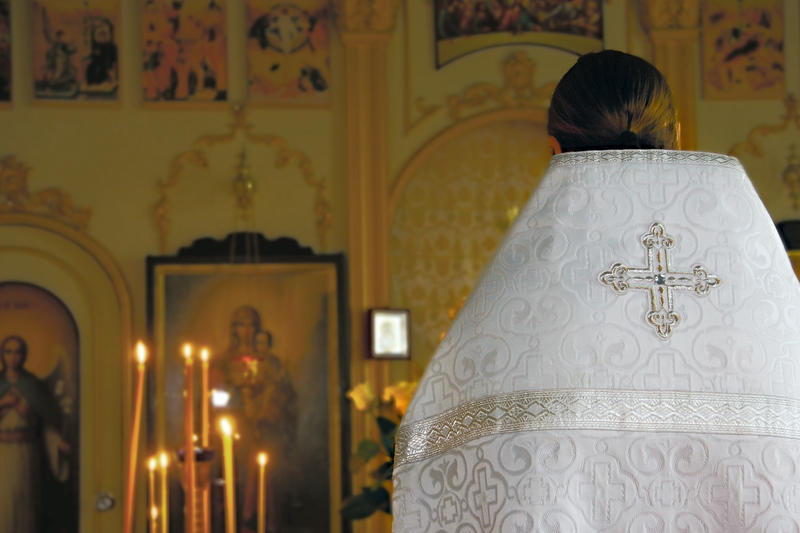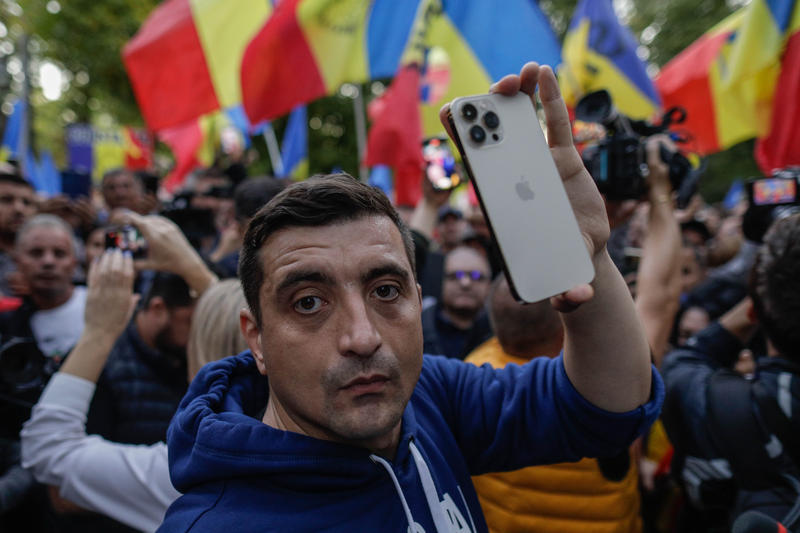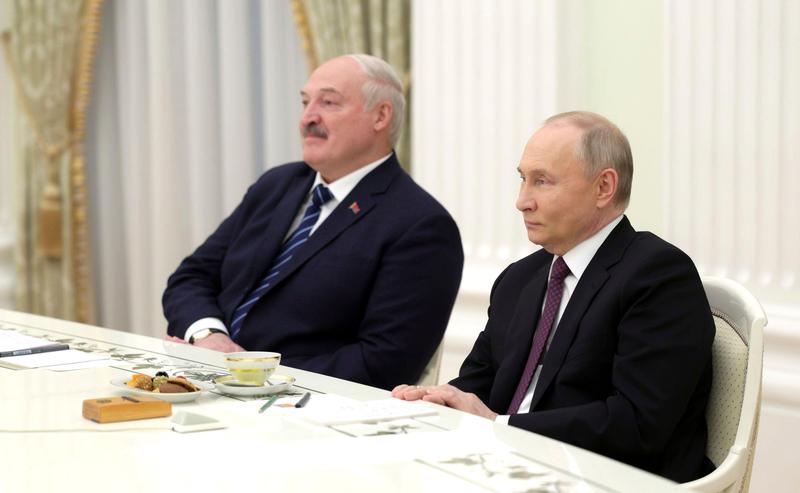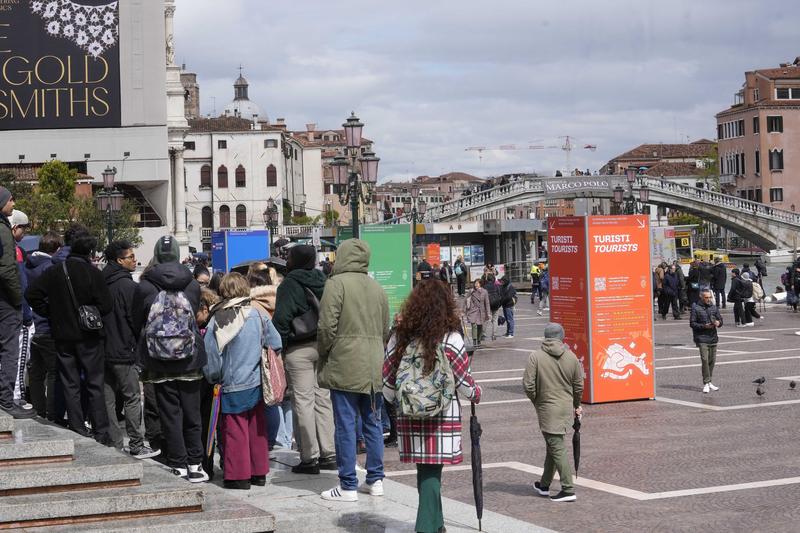The Romanian Supreme Council of Magistrates (CSM) breaks the UN norms for the sake of magistrates. Elsewhere in the news, statistics show that one out of five Romanians is featured in a penal file. Last but not least, "Romanians are no longer a problem for Italy" Italian ambassador to Romania Mario Cospito declared.
The Romanian Supreme Council of Magistrates (CSM) breaks the UN norms for the sake of the magistrates, Evenimentul Zilei reads. CSM, which is supposed to guarantee justice, is rather a tolerant union that breaks the law, concludes a Romanian Academic Society (SAR) debate on the "CSM - referee or union?" report. Civil society and magistrates took part in the launch of the report which comes to show that during the last years, CSM showed too much understanding towards the magistrates and judges that should have been otherwise sanctioned.
The report goes on to underline that CSM accepted for some magistrates to retire earlier than the law entails in order for them to escape exclusion from magistrature for serious deviations from their profession. A SAR document indicated the Bangalore principles - integrity and ethic standards imposed by the UN in the judicial system - and drew the conclusion: "it's clear that when CSM itself does not respect the law, it can ask others to follow it".
"The CSM leadership has issue regarding the Romanian communist political police collaboration and breaks the law stating the number of mandates. These are flagrant violations of the Bangalore principles". Some of the magistrates are taken to court accused by influence peddling and arrest mandates in their case are difficult to be obtained.
Some magistrates complained themselves that CMS tolerates nepotism and some trials face difficulties because judges are often the parents of the lawyers presenting cases. Among the solutions offered by SAR, there is the proposal of creating an Ethic Council for Magistrates.
Statistics show that one out of five Romanians is featured in a penal file, Gandul informs. The number of penal files and of the persons involved in one way or another in the cases are growing, while the number of prosecutors taking care of them remains constant. This was made public yesterday by Romania's general prosecutor Codruta Kovesi, when she presented the Public Ministry's 2009 activity report.
According to the document, Romania' got 18 million adults and 1.4 million penal files. This means that one out of five Romanians is involved in a penal case to some extent.
The number of penal cases is eight times higher than in 1989 - the year of the Romanian Revolution and the fall of communism - and three times bigger than in 2000. Kovesi indicated that the huge volume of work has not been influenced by the crime evolution, but by legislative issues or notifications which often do not have a conclusion, or "incrimination excess".
1.356.939 cases were filed with last year, a 13.7% up against 2008 figures. Last year prosecutors solved 497,119 cases, the report indicates. According to Kovesi, the 2010 target is to recovered crime prejudices and she urged the prosecutor to work on this.
"Romanians are no longer a problem for Italy" Italian ambassador to Romania Mario Cospito says in an interview for Adevarul. He states that the Romanian-Italian relationships mean more than migration issues and considers Romania an average power in the EU. His mandate had a harsh start, having to address crime acts that Romanian citizens committed in Italy and sparkled both the Romanian and the Italian press.
Today he claims that the Romanian community in Italy has stopped having image problems. The number of Romanian citizens in Italy increased in 2009 because the crises was not mirrored in the sectors where they find work. Romanian authorities estimate 1,200,000 emigrants to Italy, the largest community of migrants to the peninsula. The Italian ambassador says that the cooperation of the Interior Ministries of the two countries has solved the image problems and now Romanians are no longer first-page material.
Mario Cospito says he wants to develop the bi-lateral relations on two levels: cultural and social assistance. Romanian opera singers sing on most important Italian stages and the film "Concerto" by Radu Mihaileanu is second most watched in Italian cinemas. The social assistance should come to the help of seniors and children in distress.




















